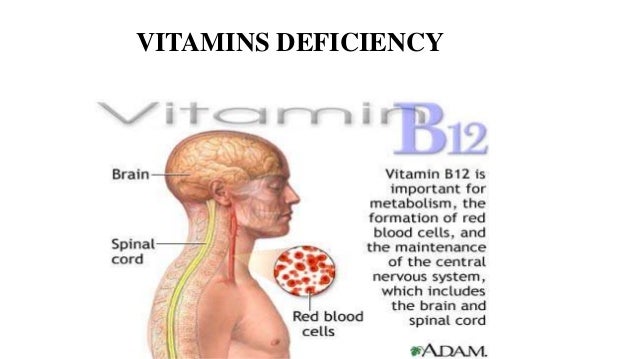



To evaluate the effects of alcohol, or any other drug, on memory, one must first identify a model of memory formation and storage to use as a reference. This article reviews what is currently known regarding the specific features of acute alcohol-induced memory dysfunction, particularly alcohol-induced blackouts, and the pharmacological mechanisms underlying them. Under certain circumstances, alcohol can disrupt or completely block the ability to form memories for events that transpire while a person is intoxicated, a type of impairment known as a blackout. As the dose increases, so does the magnitude of the memory impairments. In addition to impairing balance, motor coordination, decisionmaking, and a litany of other functions, alcohol produces detectable memory impairments beginning after just one or two drinks. As Fleming stated nearly 70 years ago, “the striking and inescapable impression one gets from a review of acute alcoholic intoxication is of the almost infinite diversity of symptoms that may ensue from the action of this single toxic agent” ( 1935) (pp. Few cognitive functions or behaviors escape the impact of alcohol, a fact that has long been recognized in the literature. If recreational drugs were tools, alcohol would be a sledgehammer.


 0 kommentar(er)
0 kommentar(er)
